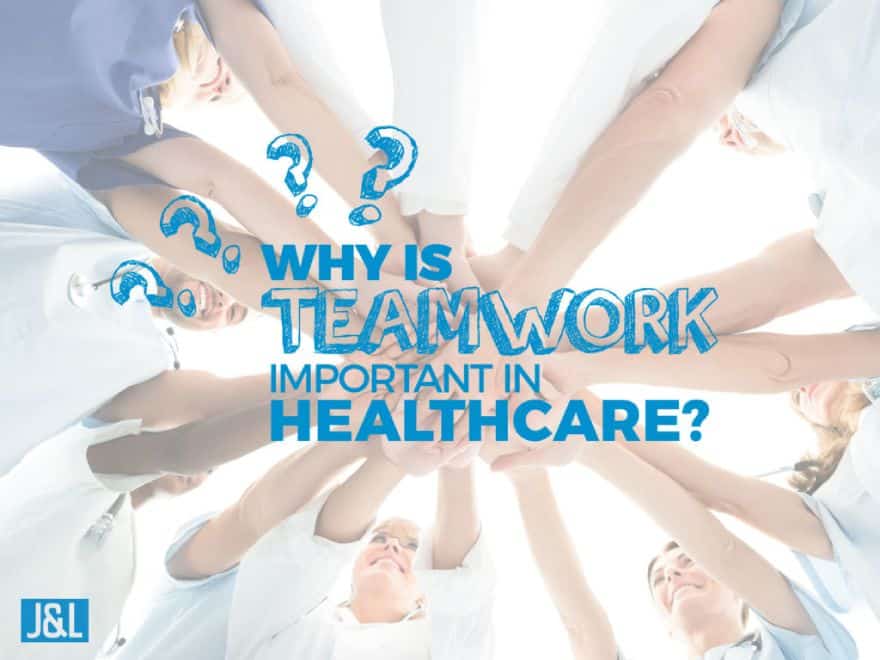
One of the most unfortunate myths in the modern healthcare industry has to do with a decidedly limited definition of the term “collaboration.” A lot of people seem to think that collaboration is something that only happens between two or more doctors – that if you don’t have a series of letters after your name, your contributions don’t matter as much as someone’s who does.
In reality, this idea couldn’t be farther from the truth. Collaboration happens every second of every day in a medical practice between all members of staff, who have dedicated themselves to working together to help guarantee the most essential outcome of all: a better level of care for every patient that walks through the door.
This is called “teamwork,” and it shouldn’t be a new concept. It’s also one that is pivotal in healthcare for a wide range of different reasons, all of which are worth exploring.
The Power of Teamwork in Healthcare: Breaking Things Down
More than anything else, superior teamwork brings with it a greater level of accountability for a practice. If a team is working together rather than as individual people, they become something far more powerful as a unit than any one of them could ever be on their own. A natural system of checks and balances is created and each person can see who is doing what and, more importantly, why it all matters.
Along the same lines, when a team is unified it means that tasks are suddenly scrutinized by more sets of eyes than ever before. Not only does this promote better quality assurance, but it also helps prevent the types of errors that could be devastating in such a high stakes environment.
But the most important impact of teamwork in healthcare of all has to do with that environment itself. If every member of your staff – from the newest hire to the person who has been there since you originally opened your doors – sees themselves as an equal player on the same team with a single vision, a more positive atmosphere can’t help but be created. People are empowered to do their best and they take more pride in their work. They’re naturally happier and healthier themselves. They’re open, honest and are more willing to learn. All of this extends not only to your employees but also down to your patients, which in the end is the most important goal of all.
